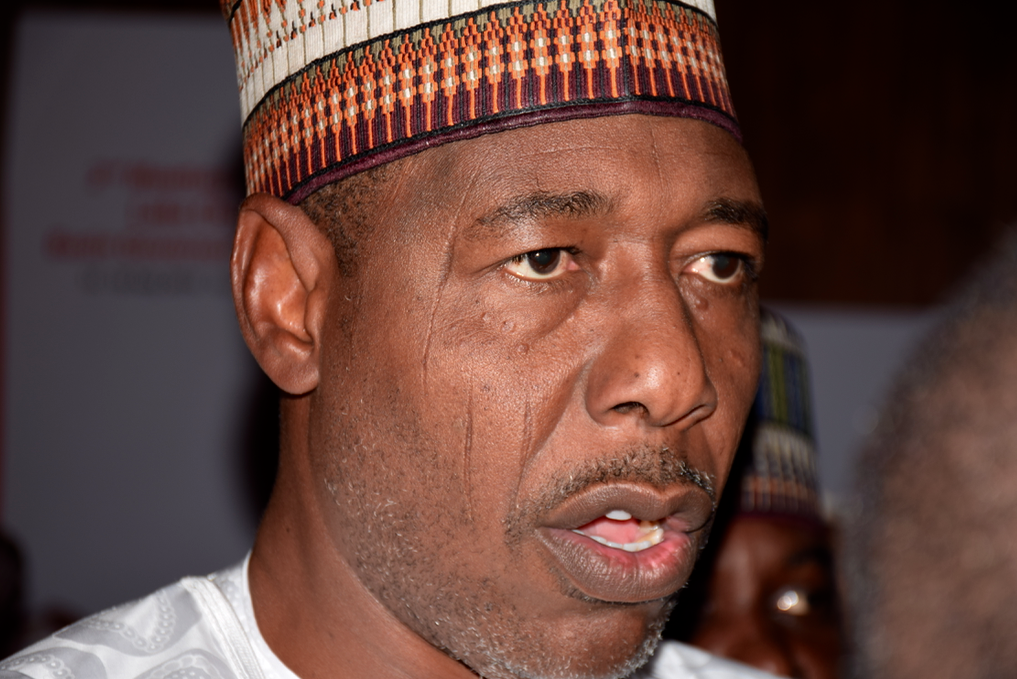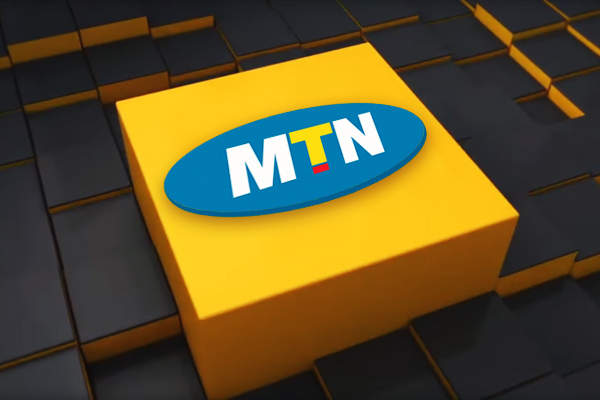Ahmed Zakari, special adviser to the president on infrastructure, says Nigeria is not liable to pay $1.2 billion according to the agreements signed before the takeoff of the 461 megawatts Azura power plant in Edo state.
The Azura power generation deal has placed Nigeria under heavy financial burden.
Nigeria is obligated to pay Azura $30 million monthly with or without power being taken from the generation company.
To exit from the contract, Nigeria will have to pay Azura an estimated $1.2 billion and take over the plant.
Advertisement
The senate has called for the cancellation of the contract.
But in a statement on Thursday, Zakari, who works in the office of the vice-president, said an international legal tussle similar to the P&ID case would have ensued if the President Muhammadu Buhari-led administration had cancelled the contract when it came into power.
“Over the past week, there has been an unnecessary controversy about the Azura-Edo Independent Power Project (IPP) especially the concerns about who signed the transaction documents and who did not sign, thus ignoring the consequences of backing out of the agreements by the Federal Government,” he said.
Advertisement
“The Azura-Edo IPP is a functional 461MW power plant. It is owned by a group of investors led by an internationally reputed firm – Actis and includes the Edo State government as part of the investment consortium. Today, the plant supplies over 8% of the power on Nigeria’s National Grid. Clearly, the controversy as to who signed the agreements has no real basis, if indeed the only quest is for the plain truth.
“Since the Buhari government had chosen not to repudiate the deal, it went ahead to issue the required legal opinion and signed the World Bank guarantees that had been initiated in April 2014. In fact, the main Power Purchase Agreement was signed in 2013.
“If at the point the Buhari government came into office, it repudiated the contracts, what would have happened? First, because there was already a valid and binding contract between the Federal Government and Azura-Edo, that would have led to an international case similar to the P&ID scenario.
“In the P&ID case, the Federal Government was sued for breaching the terms of a contract to build a gas processing plant. Despite the fact that no part of the plant was ever built and no government or World Bank guarantees were given, the Arbitral Tribunal found Nigeria liable in the sum of $9.6 billion. So, clearly, guarantee is not the issue at stake here.”
Advertisement
Zakari added that another consequence of cancelling the deal is that the country would simply not have a 461 MW power plant with “significant contribution to our national grid”.
“Third, it would definitely have affected our credit rating and credibility as an investment destination. Some of the most reputable international banks and investors that were involved in the project include Development Finance Institutions of the US, UK, France, Germany, the Netherlands and Sweden,” the presidential aide said.
“Again, laying out the facts already stated in previous communication about this matter, there is no doubt at all that the binding agreements which brought about the plant were signed in 2013 and 2014. On April 22, 2013, the Power Purchase Agreement was signed.
“This is the contract that contained the Take or Pay clause, which is now the crux of the manufactured controversy. That clause is however standard in PPAs. What it says is that government will pay for the energy produced by the plant, whether it uses it or not. Without that assurance, nobody would invest money in such a huge power plant. Large infrastructure projects are executed using project finance principles and debt, guarantees of repayment are always needed to reach financial close.
Advertisement
“On October 22, 2014, the second agreement was signed. That is the Put Call Option Agreement (PCOA), which establishes the formula for determining the amount payable by government, if it has to take over the Plant. The PCOA for power plants is actually a novel approach pioneered in Nigeria. It ensures that unlike other contracts where a contract default would trigger penalties alone, in the case of Azura a default would allow Nigeria to purchase the asset. This ensures that the country has a contingent asset alongside a contingent liability. The PCOA approach has now become standard in West Africa and is being adopted across the developing world.
“Those who argue that the signing of the World Bank Guarantees makes the Federal Government under Buhari responsible for contracting Azura need only to look at the two basic transaction documents. Another curious mischief in this controversy is the assertion that Nigeria will become liable in the sum of $1.2billion if it defaults on the Azura contract.
Advertisement
“Nowhere in any of the documents signed from 2013 to 2015 is any such figure mentioned. The only possible payout indicated in any of the agreements is in case the put and call option is activated. In that event, the cost of the plant would be worked out using a formula and become due for payment, but at least Nigeria will get in return a functional 461MW plant.”
Advertisement
Add a comment







